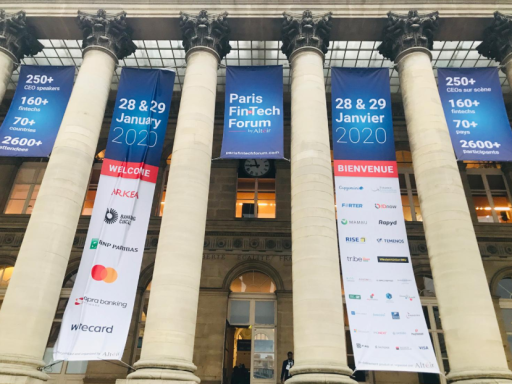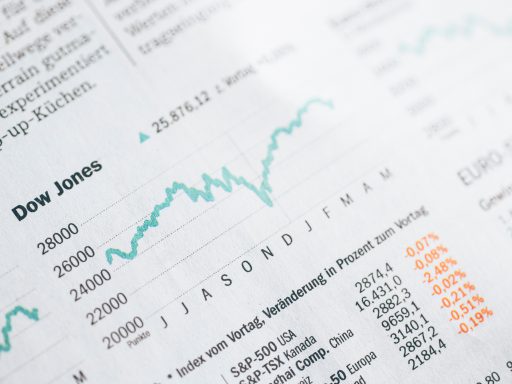Another worthy addition to our blog series on Inspirational Women in Tech, today we focus on Ada Lovelace – as today is Ada Lovelace Day, which was started in Britain in 2009 as part of #DayoftheGirl. At Akoni we are inspired by women in technology and hope to see more women enter the sector drive innovation – just as she did.
Rejected at birth by her father, the famous poet, Lord Byron, who was only interested in being a father to a son, the one-month-old Augusta Ada Byron was whisked away to her maternal grandmother’s home in Kirkby Mallory, by her mother, Anne Isabella Milbanke.
There, she was largely brought up by her maternal grandmother, Lady Milbanke, who doted on her. The young Lovelace was encouraged to pursue her love of science and mathematics by her mother, as it countered the “insanity” that she had potentially inherited from father.
The young child was fragile, even suffering a bout of measles which left her paralysed and bedridden for an extended period of time. During her recovery period, the young Ada decided that she wanted to invent a way of flying. The twelve year old Ada went about this task with a clear and systematic plan. She investigated the construction of wings, studying the anatomy of birds, exploring different materials (oilsilk, wires and feathers) to build these out of – drawing on her mathematical skills to calculate the right proportions. Steam would be used in the final stage. Ada produced a fully illustrated book, “Flyology” which mapped out the entire project, illustrating her findings and inventions with plates. Perhaps she told Babbage about this production – he used to affectionately refer to her as “Lady Fairy”. She was clearly an individual, not afraid to go against the grain from the start.
Her tutors in mathematics and science included some of the best brain around – William Frend, William King, Augustus De Morgan and Mary Somerville. De Morgan said that she was “an original mathematical investigator, perhaps of first-rate eminence“. It was Mary Somerville, who became a great friend to Ada, that introduced her to Charles Babbage, a mathematician, philosopher, mechanical engineer, inventor of the concept of a programmable computer.
Babbage introduced her to his prototype machine – the Difference Engine, which entranced her. Impressed by Lovelace’s mathematical and analytical abilities, he asked her to translate the Italian mathematician Luigi Menabrea’s article on his latest machine – his Analytical Engine.
In her extensive notes on the article, Lovelace emphasised the difference between this machine and previous calculating machines – regarding this latest machine as a breakthrough, with massive potential because of its ability to be programmed to solve problems of any complexity.
Her notes also included, in great detail, a method for calculating a sequence of Bernoulli numbers using the Analytical Engine – which could have run correctly if it had been built. Based on this algorithm, Ada Lovelace is now widely considered the first computer programmer, and her method is recognised as the world’s first computer programme.
Lovelace held imagination and intuition in high regard, integrating them into her scientific and mathematical explorations and concepts. Her “poetical science” led her to ask human questions – “basic assumptions” about the Analytical Engine and future inventions – how society and individuals would relate to technology as a tool. She valued metaphysics as much as mathematics, viewing both as tools for exploring “the unseen worlds around us”.
The remarkable Augusta Ada King-Noel, Countess of Lovelace (née Byron), died of uterine cancer in 1852 at the age of 36, leaving behind three children and her husband, William King-Noel, 1st Earl of Lovelace.
Lovelace’s astonishing intelligence, her original thought and the fact that she accomplished so much in an era when women were not given much credibility or voice was remarkable. Her self-belief from an early age is exactly what many young girls need more of today – a value that the Akoni team admire and encourage.
Akoni helps businesses make the most of their cash. Register for free at AkoniHub.com







